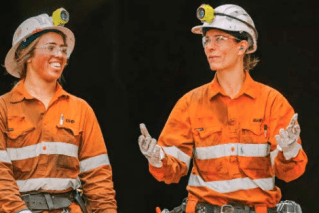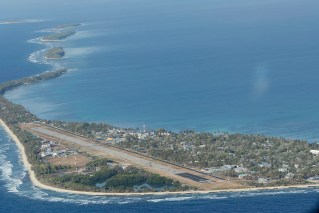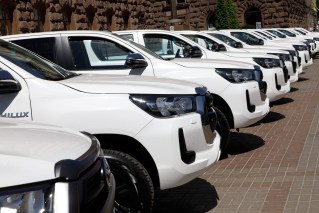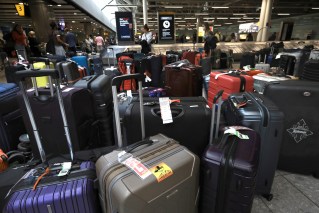Climate change complacency is biggest risk to our economy and security – report
Treasurer Jim Chalmers says complacency over climate change could seriously damage the Australian economy and put the nation’s security at risk.
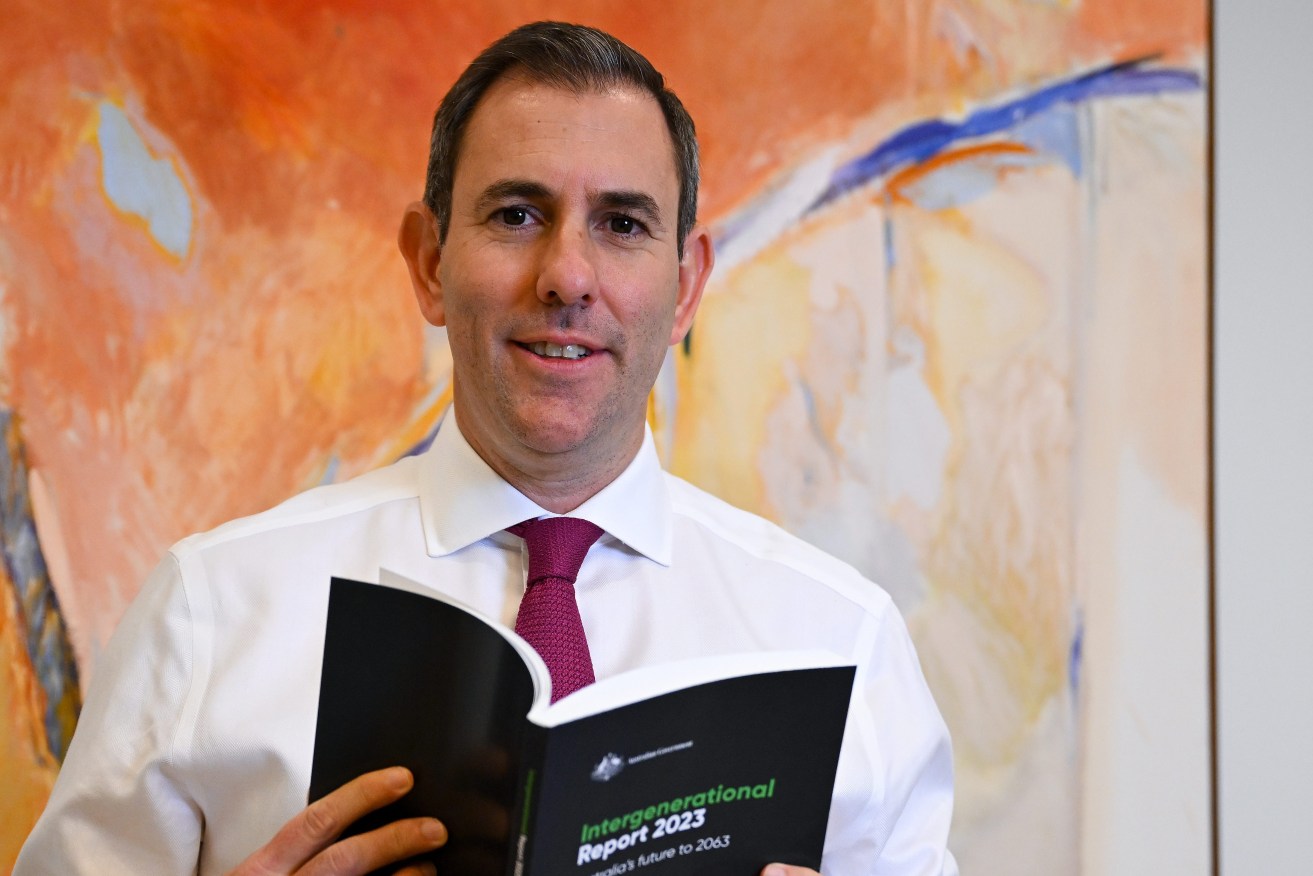
Australian Treasurer Jim Chalmers poses for photographs holding a copy of the Intergenerational Report 2023 at Parliament House in Canberra, Thursday, August 24, 2023. (AAP Image/Lukas Coch)
Dr Chalmers on Thursday delivered the sixth Intergenerational Report – a 300-page analysis of where the Australian economy and society is heading over the next 40 years.
He named the shift to a net-zero economy as key to the country’s future.
“The major lesson … is that we can’t be complacent about the future, and where that complacency could be the most damaging is when it comes to climate change,” he said.
The treasurer said climate change could not only “ravage” jobs and economic growth, but leave Australia “more vulnerable to a world that is getting riskier”.
Rising temperatures and changing conditions will cost the economy more than $400 billion in the next 40 years, the report said.
The transition to net-zero emissions will also see demand for some Australian exports decline, with the market for thermal coal set to halve.
However, demand for Australia’s critical minerals resources, which are key to technology and clean energy production, will be eight times higher.
CEDA chief economist Cassandra Winzar said previous Intergenerational Reports had “not addressed climate change seriously” and it was good to see the 2023 version start modelling its impacts.
“We should prioritise developing industries where we have a comparative advantage, like lithium mining and processing, rather than cutting ourselves off from global trade by onshoring manufacturing such as battery production,” Ms Winzar said.
Changes should also include harmonising occupational licensing in key jobs needed for the transition, increasing access to training for people at risk of losing jobs and reforming of temporary skilled migration for highly skilled clean energy workers.
Greens leader Adam Bandt said Australia stood to lose more than many other countries if the climate crisis was not brought under control.
“The loss that we could suffer could be much higher than set out in this report,” he told reporters in Melbourne.
“But Labor, in the face of this advice, is still opening new coal and gas mines.”
Royal Australasian College of Physicians president Dr Jacqueline Small welcomed the report’s recognition that the transition to net-zero was an important health issue.
”We must ensure that we have healthy and climate resilient communities and healthcare systems that are prepared for the impacts of climate change, including impacts on infrastructure, workforce, and demand for health services,” she said.
The report also predicted the number of people aged over 65 will double, accompanied by a shrinking of working age Australians to support them in a care sector that will double in cost.
Business Council chief executive Jennifer Westacott said this meant the government needed to cut regulation, boost skills, make it easier to invest and avoid industrial relations changes which “stifled” productivity.

